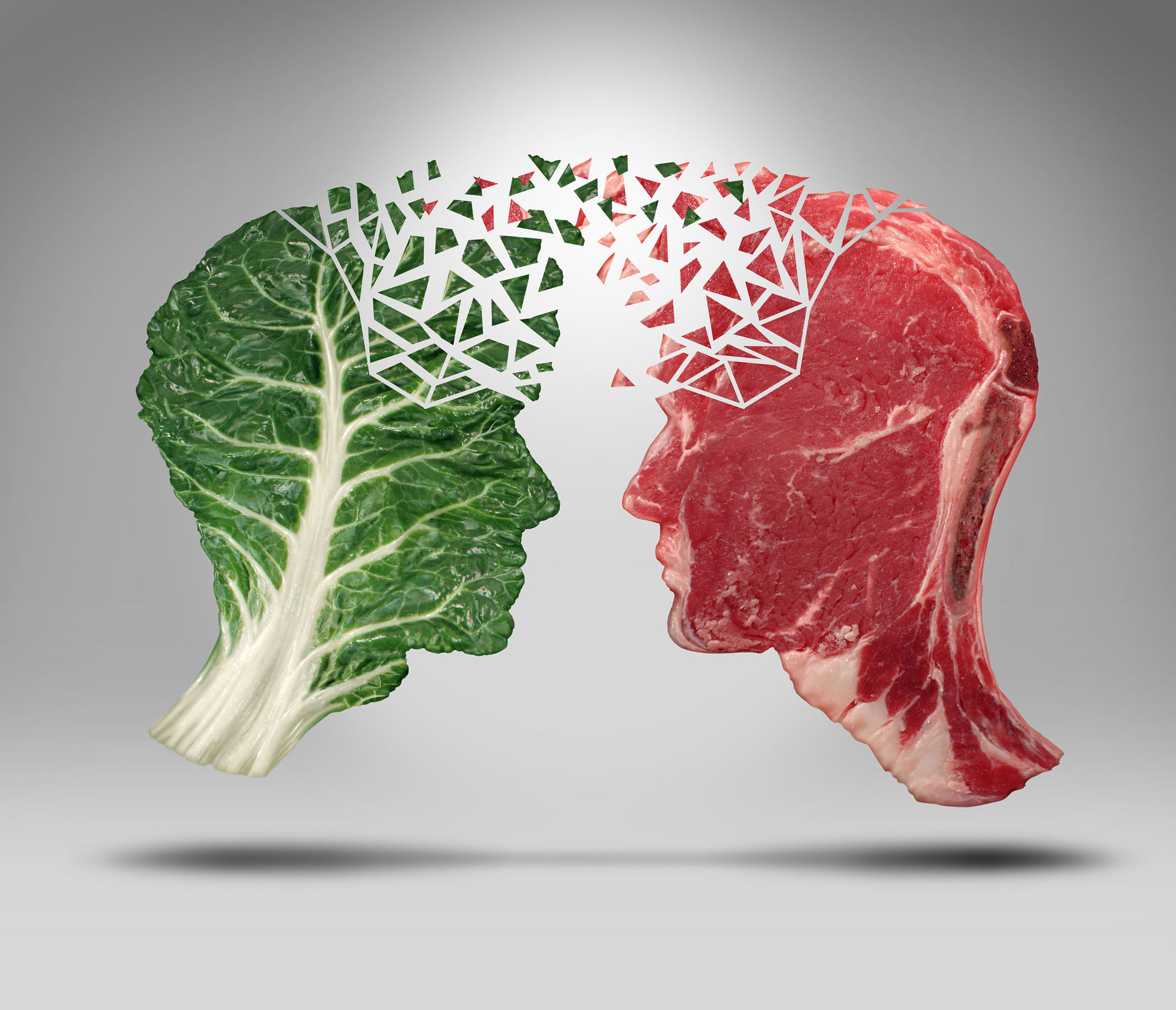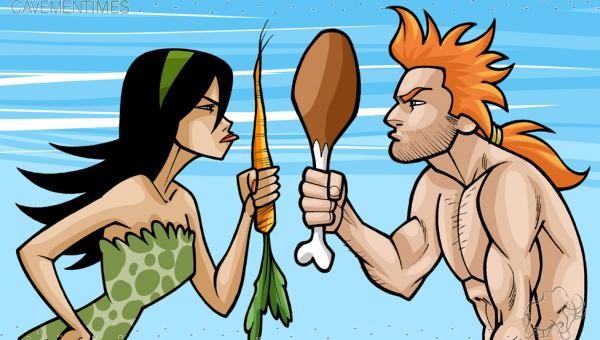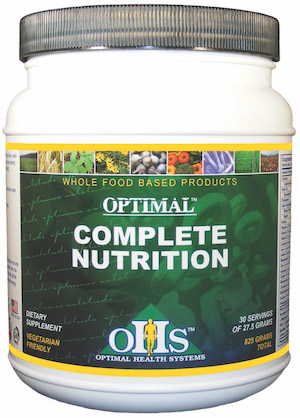
Are humans supposed to be carnivores, herbivores, or omnivores? This has been an area of passionate debate, often citing history and the same pieces of anatomy and physiology for polarized stances. It seems like it’s just a matter of opinion and personal taste (pun intended). However, it finally looks like the debate can be rationally settled with research.
Recent years have produced studies, including the largest one in history, on the effects of different sources of dietary protein has on how long humans live. “Overall, our findings support the importance of the sources of dietary protein for long-term health outcomes,” says Mingyang Song, MD, ScD, a research fellow in the Massachusetts General Hospital (MGH) Clinical and Translational Epidemiology Unit (CTEU) and Division of Gastroenterology and corresponding author of the report. “While previous studies have primarily focused on the overall amount of protein intake—which is important—from a broad dietary perspective, the particular foods that people consume to get protein are equally important. Our findings also have public health implications and can help refine current dietary recommendations about protein intake, in light of the fact that it is not only the amount of protein but the specific food sources that is critical for long-term health.”
The researchers analyzed more than 30 years of data on over 170,000 participants. During this time more than 36,000 deaths were documented—almost 9,000 from cardiovascular disease, around 13,000 from cancer and about 14,000 from other causes. After adjustment for lifestyle and other dietary risk factors, a high consumption of protein from animal sources (any types of meat, eggs or dairy) was associated with an increased rate of death, while high consumption of protein from plant sources (breads, cereals, pasta, beans, nuts and legumes) was associated with a lower mortality rate.

So, it sounds like eating meat didn’t really shorten the average human lifespan, but leaning vegetarian sure had a positive correlation between protein sources and living longer. So, yea or nay to bacon?
A deeper look at the findings revealed a trend between diet and lifestyle. The more unhealthy the individual, the greater the animal protein intake, and the greater incidence of alcohol consumption, smoking, obesity, and so on. On the reverse side, the unhealthy incidences disappeared—not just lowered—completely disappeared.
(image from ownmultiplesclerosis.com)
“While we expected we might find the associations to be weaker in the healthy lifestyle group, we did not expect them to completely disappear,” says Song. “But when we looked deeper into the data, we found that, at similar levels of animal protein intake, those in the unhealthy lifestyle group consumed more red meats, eggs and high-fat dairy, while the healthy lifestyle group consumed more fish and poultry. So we suspect the different sources of animal protein between the two groups may contribute to the stronger results in the unhealthy lifestyle group.”
Perhaps the debate surrounding what a human’s diet should look like isn’t truly settled. More research definitely needs to and will follow this monumental one. We should all be asking why is there a link between poor dietary choices and poor lifestyle choices, and why do these poor lifestyle choices disappear just because people eat better?
Solid findings are going to take decades more research. What we at OHS hope you take away from this is to take charge of your health so you can start reaping the benefits immediately. If there’s a link between conscious eating and longevity, along with eating plant proteins, then there’s plenty you can do about it.
We’ve believed for decades that plant proteins are the safer healthier source of protein, which is why almost all of our products are vegetarian friendly. An easy approach is our Complete Nutrition Plus™ powder. It’s 20g of pure, clean vegetarian protein per serving. It’s the most nutrient-dense macronutrient powder available that just might help you replicate the results in the study. And not only is it vegetarian proteins, it’s free of gluten, soy, dairy GMOs, and artificial sweeteners. It’s the ONLY hypo-allergenic high protein powder on the market. It’s also low glycemic and packed with 15,000 phytonutrient antioxidant units per serving.

